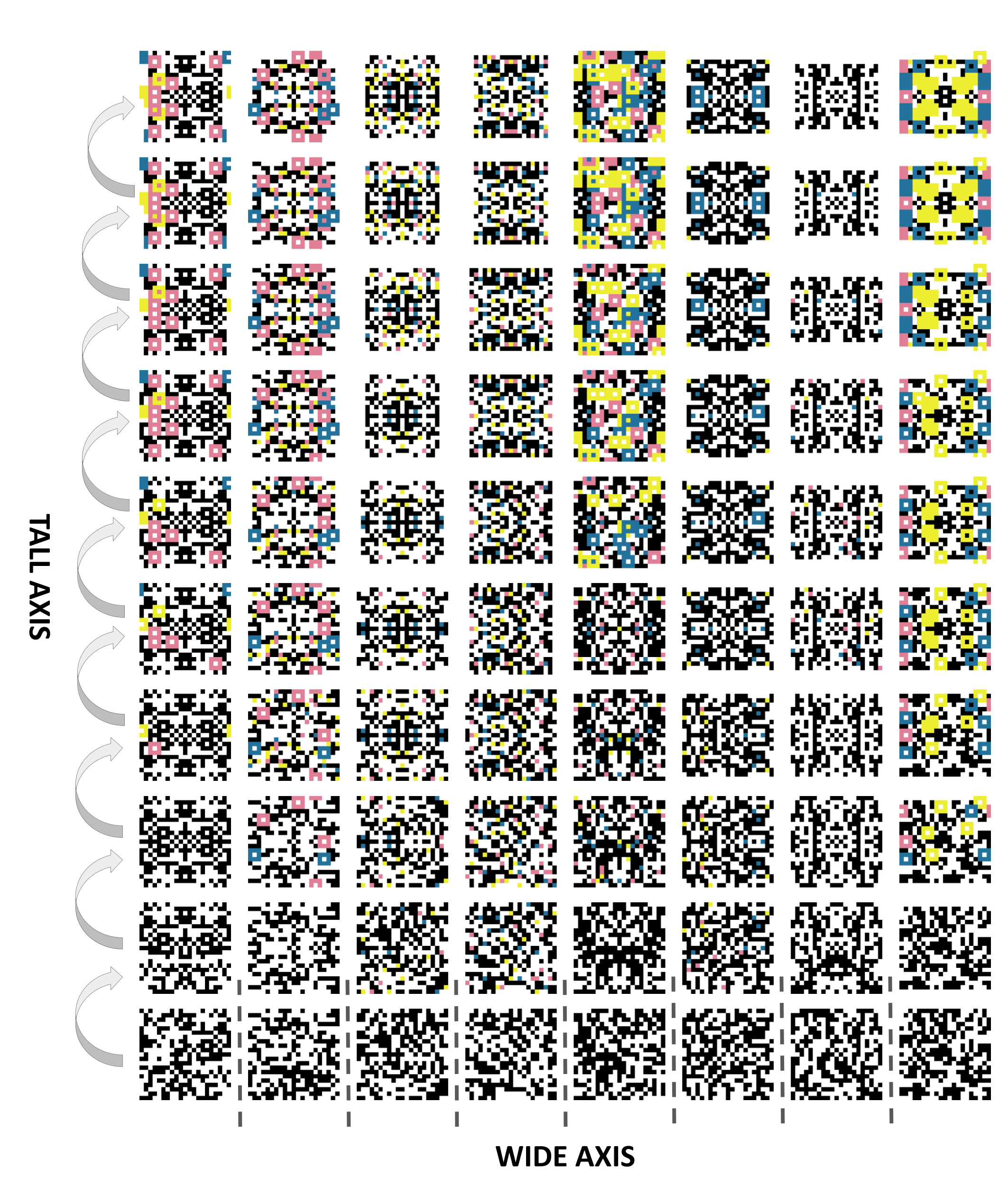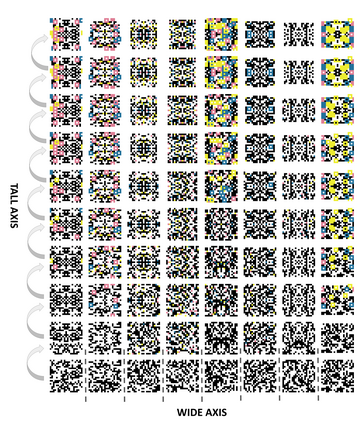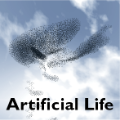The goal of Artificial Life research, as articulated by Chris Langton, is "to contribute to theoretical biology by locating life-as-we-know-it within the larger picture of life-as-it-could-be" (1989, p.1). The study and pursuit of open-ended evolution in artificial evolutionary systems exemplifies this goal. However, open-ended evolution research is hampered by two fundamental issues; the struggle to replicate open-endedness in an artificial evolutionary system, and the fact that we only have one system (genetic evolution) from which to draw inspiration. Here we argue that cultural evolution should be seen not only as another real-world example of an open-ended evolutionary system, but that the unique qualities seen in cultural evolution provide us with a new perspective from which we can assess the fundamental properties of, and ask new questions about, open-ended evolutionary systems, especially in regard to evolved open-endedness and transitions from bounded to unbounded evolution. Here we provide an overview of culture as an evolutionary system, highlight the interesting case of human cultural evolution as an open-ended evolutionary system, and contextualise cultural evolution under the framework of (evolved) open-ended evolution. We go on to provide a set of new questions that can be asked once we consider cultural evolution within the framework of open-ended evolution, and introduce new insights that we may be able to gain about evolved open-endedness as a result of asking these questions.
翻译:正如Chris Langton所阐明的,人造生命研究的目标是“通过将生命定位为我们所知道的,从而对理论生物学作出贡献”(1989年,第1页)。 人工进化系统的不限名额演变的研究和追求体现了这一目标。然而,不限名额演化研究受到两个根本问题的阻碍;在人工进化系统中复制不限名额的研究,以及我们只有一个系统(遗传进化),从中汲取灵感。我们在这里认为,文化进化不仅应被视为开放进化系统的另一个真实世界范例,而且文化进化所看到的独特品质为我们提供了一个新的视角,我们可以从中评估不限名额演化系统的基本特性,并询问关于这种系统的新问题,特别是从受约束的进化系统演变到不受限制的演变。我们在这里概述了文化进化系统,强调人类文化进化作为一个开放进化系统这一有趣案例,以及文化进化背景化的进化过程为我们提供了一个新的进化过程提供了一个新的进化框架,我们一旦能够提出进化,就可以在这种进化的进化框架内提出新的进化,我们就可以在这种进化框架内提出进化。





